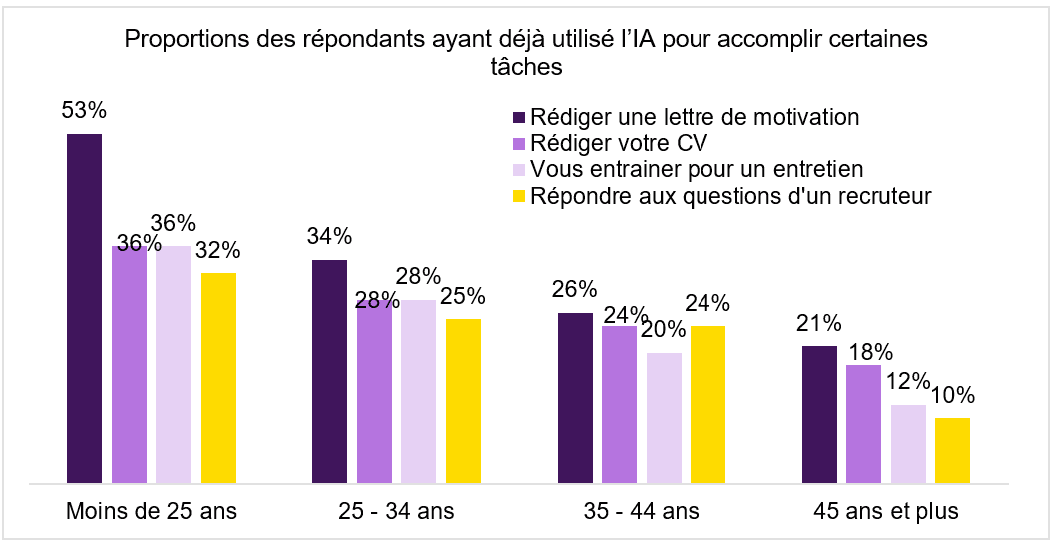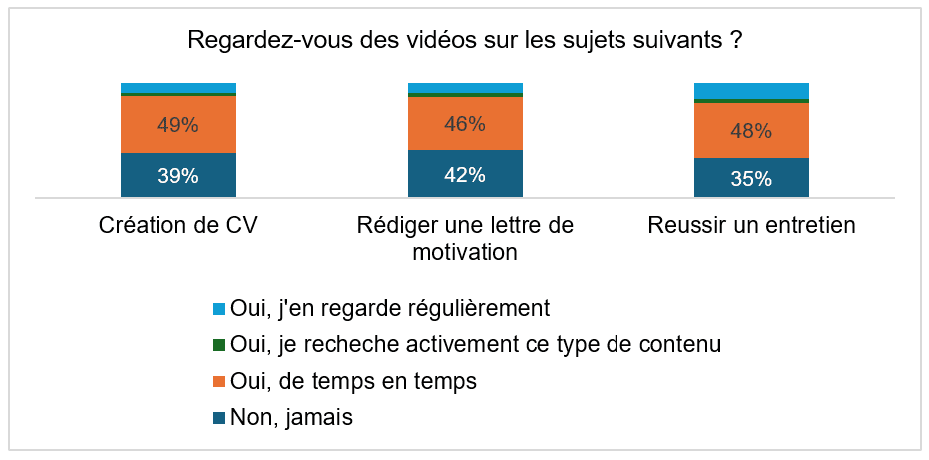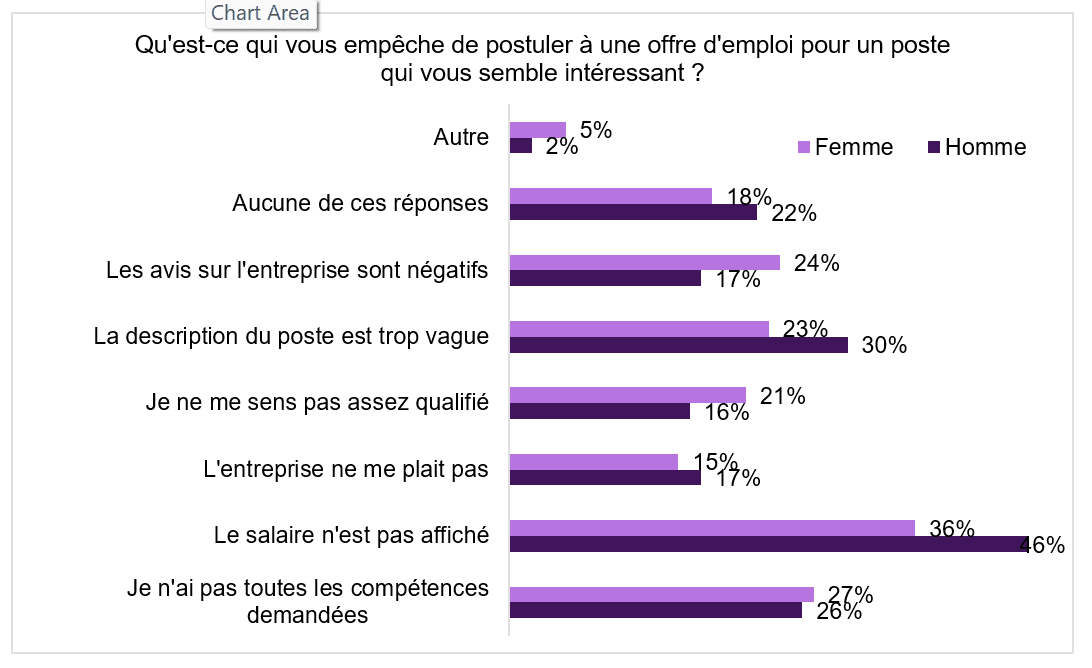Rising Tensions Between Employers and Candidates
This article is grounded in the findings of a study conducted in May 2025 by Analysis, an affiliate of Kantar, examining the expectations of Mauritians regarding work. Analysis, a firm specialising in research, data analysis, and consultancy, supports organisations and public institutions in understanding the needs of consumers, citizens, and employees. Its methodological approach draws upon marketing, human resources, and corporate social responsibility frameworks, with a strong emphasis on insight-driven decision-making.
In recent years, frustrations around recruitment—on the part of both employers and job seekers—have become increasingly vocal across several countries, including the United States, France, and the United Kingdom. Among the most frequently cited grievances are: lack of feedback, ghost job postings, excessively lengthy interview processes, and applications that are misaligned with the role’s requirements.
In this context, it is essential to examine how working Mauritians currently experience and approach the recruitment process.
Better-Equipped Candidates Than Ever Before
Online content related to the world of work is gaining increasing popularity. These resources shape normative views on what is expected from employees, what is deemed acceptable in the workplace, and what defines a “good candidate.”
In fact, over 60% of respondents to the Expectations of Mauritians at Work survey say they watch videos—at least occasionally—about CV writing, cover letters, or interview preparation. At least 10% consult such content regularly. Age plays a significant role in these behaviours.
Indeed, 18% of respondents under 25 regularly watch videos on cover letter writing, compared to 10% of 25–34-year-olds, and just 5% of those aged 45 and above. Similarly, 29% of under-25s regularly seek out content about interview techniques, compared to 12% of the 25–34 age group.
Conversely, 34% of respondents aged 45+ never watch this type of content, versus only 20% of those under 25.
This trend partly reflects the younger generation’s greater online presence, but also highlights a genuine interest—even among those not actively job hunting—in recruitment dynamics and how to optimise their applications.
Increasingly Standardised Applications
Today’s job applications are not only heavily influenced by online advice—leading to a certain uniformity—but also increasingly shaped by the use of generative AI tools.
20% of respondents report having already used AI for at least one of the following tasks: writing a cover letter, creating a CV, preparing for an interview, or answering questions from a recruiter.
7 August 2025
author: Timothée Job, Statistics Lead
Further Reading:

Although the majority have not yet used such tools, younger respondents show no hesitation in adopting them.
For instance, only 12% of respondents aged 45 and over have used AI to prepare for a job interview, compared to 36% of those under 25.
Likewise, 53% of respondents under 25 have already used AI to draft a cover letter, compared to 34% of those aged 25 to 34.

This accessibility has significantly lowered the barriers to applying, contributing to the rise of “blind applications” — candidates applying to everything that comes their way, with little to no personalisation.
This creates a vicious cycle: applications become increasingly uniform, recruiters struggle to identify the right profiles, unsuccessful candidates feel misunderstood and respond by sending even more applications — often following the same online or AI-generated templates.
The result: increasingly standardised applications, sometimes devoid of meaning.
Gendered Barriers to Employment
Beyond technical aspects such as CVs or interviews, other factors discourage candidates from applying for a position.
For example, 41% of respondents say they do not apply to a job posting if the salary is not disclosed — a much more frequently cited barrier than a vague job description (27%) or the feeling of lacking all required qualifications (26%).
Looking at gender differences, several significant trends emerge:
46% of men refrain from applying when salary information is missing, compared to 36% of women. Similarly, a vague job description discourages 30% of male respondents, versus 23% of female respondents.
In contrast, women are more affected by reputational concerns:
24% of women say they are discouraged by negative reviews of the company (compared to 17% of men) and 21% report holding back due to a perceived lack of qualifications, compared to 16% of men.

Toward a Necessary Rethink of Recruitment
Recruitment practices as they stand today no longer meet the needs of businesses, young people, or women.
The process is faltering, overwhelmed by the pervasiveness of digital platforms and the rapid rise of generative AI.
Rethinking recruitment is now essential — not only to streamline the candidate journey, but also to ensure that truly qualified individuals — regardless of age or gender — feel empowered to apply, and that companies can make informed decisions aligned with their actual needs.
7 August 2025
Download the Report Summary:
